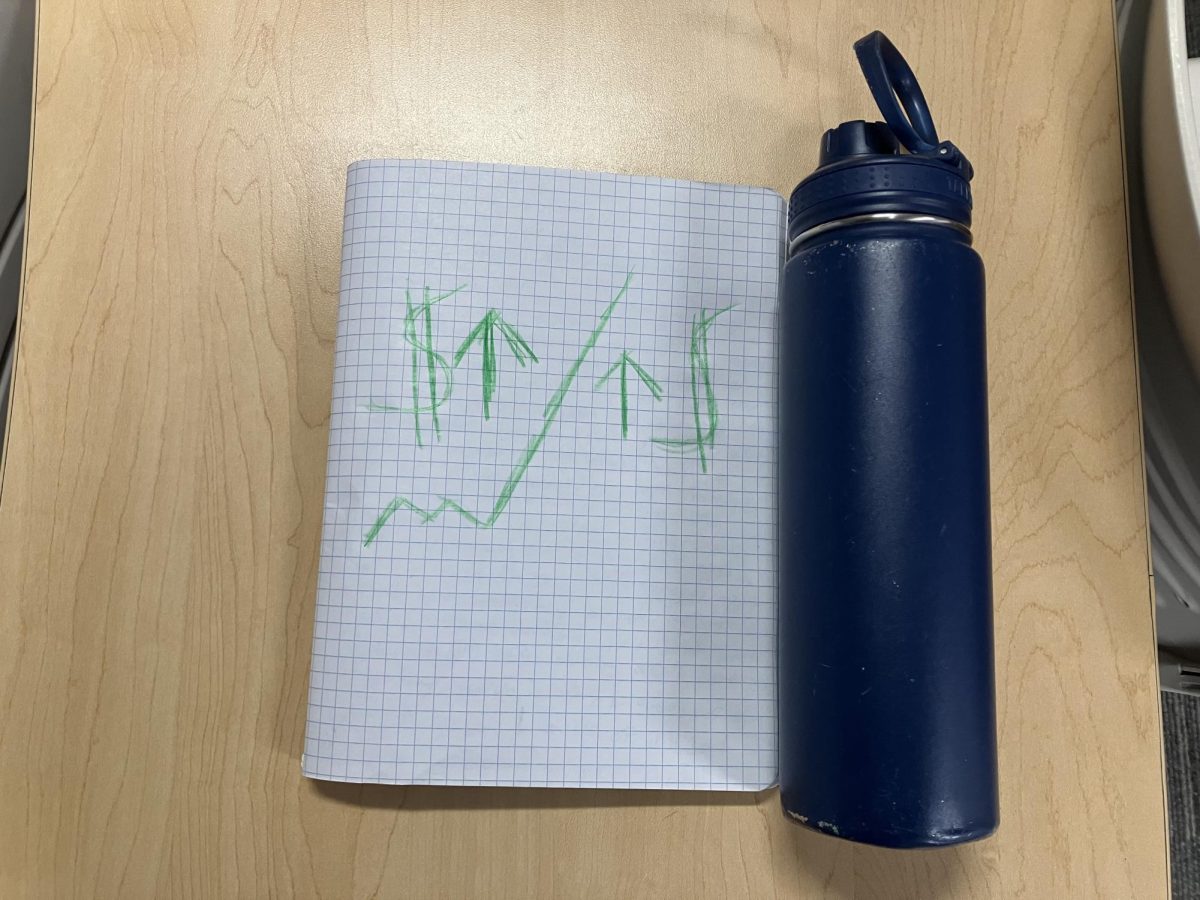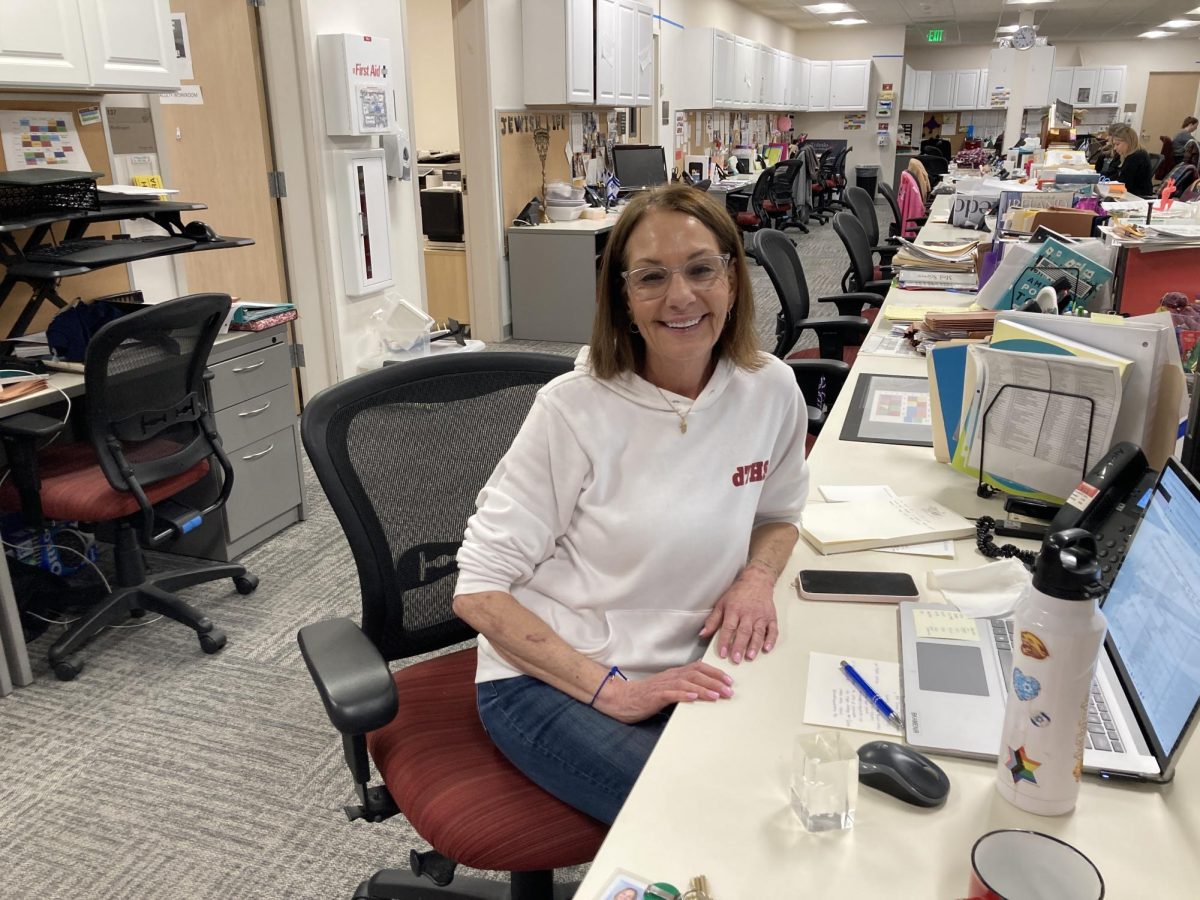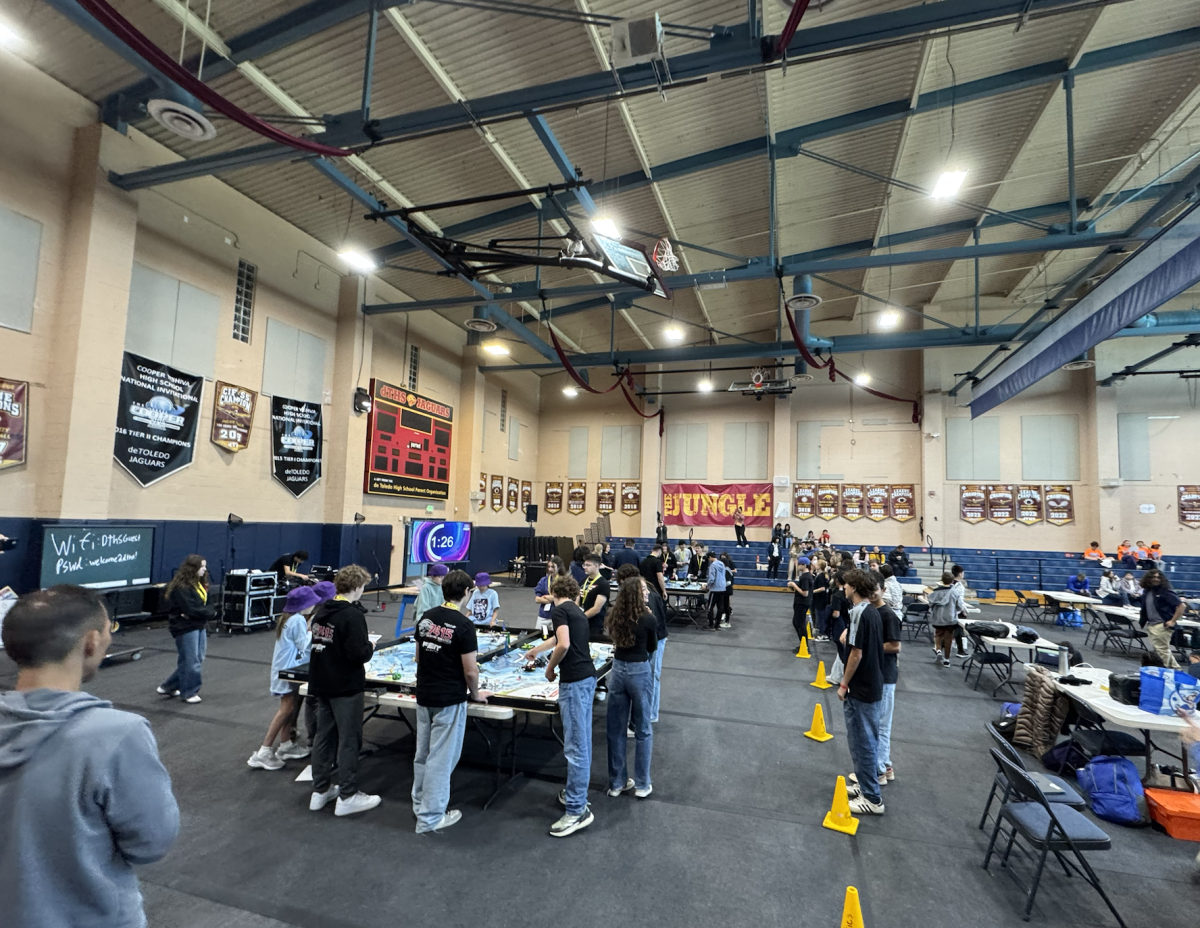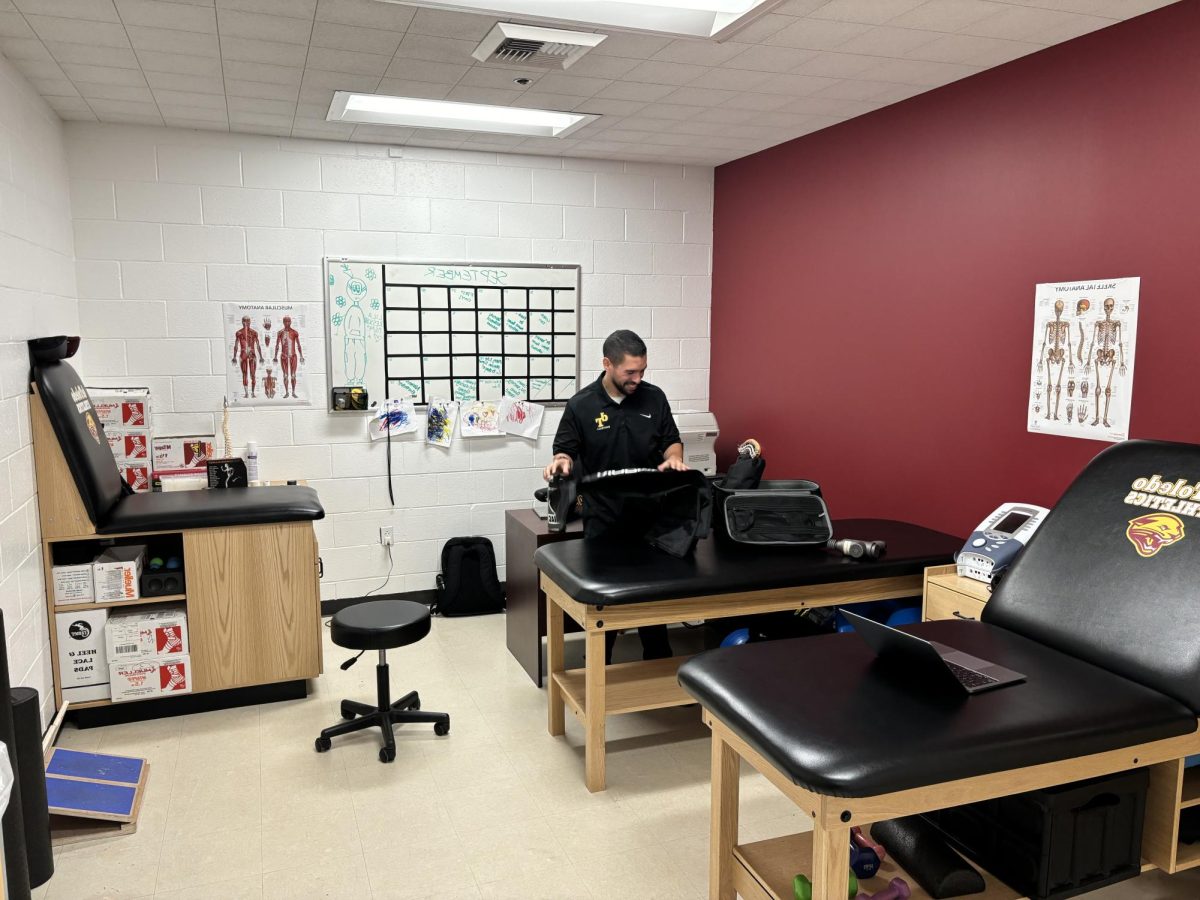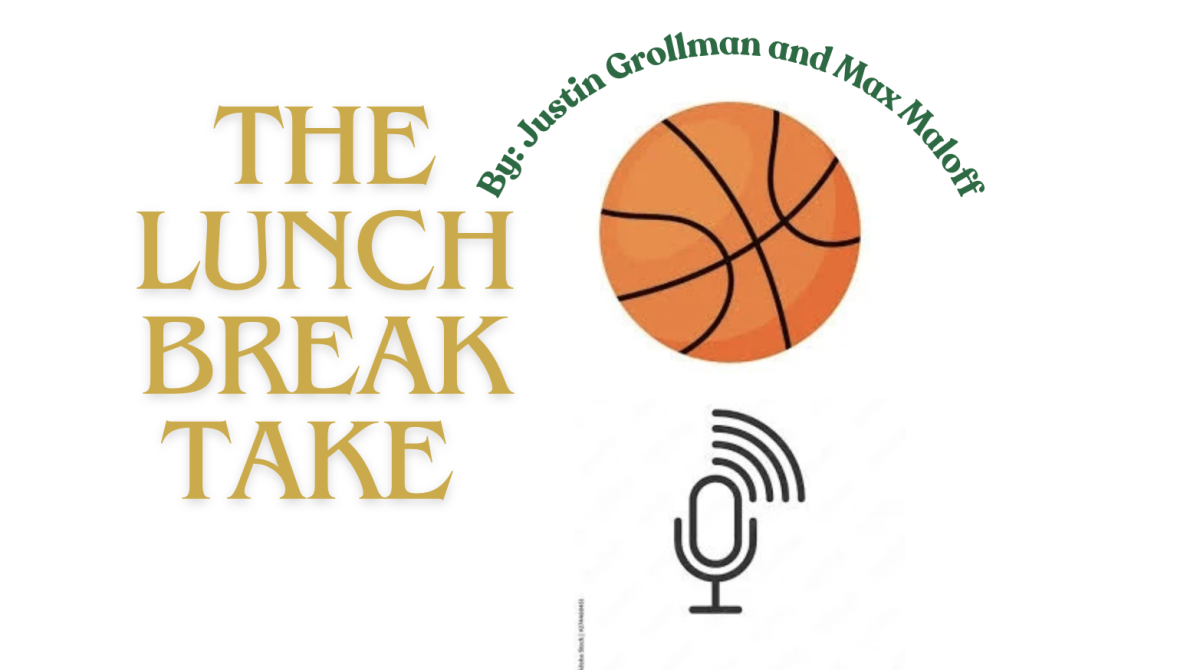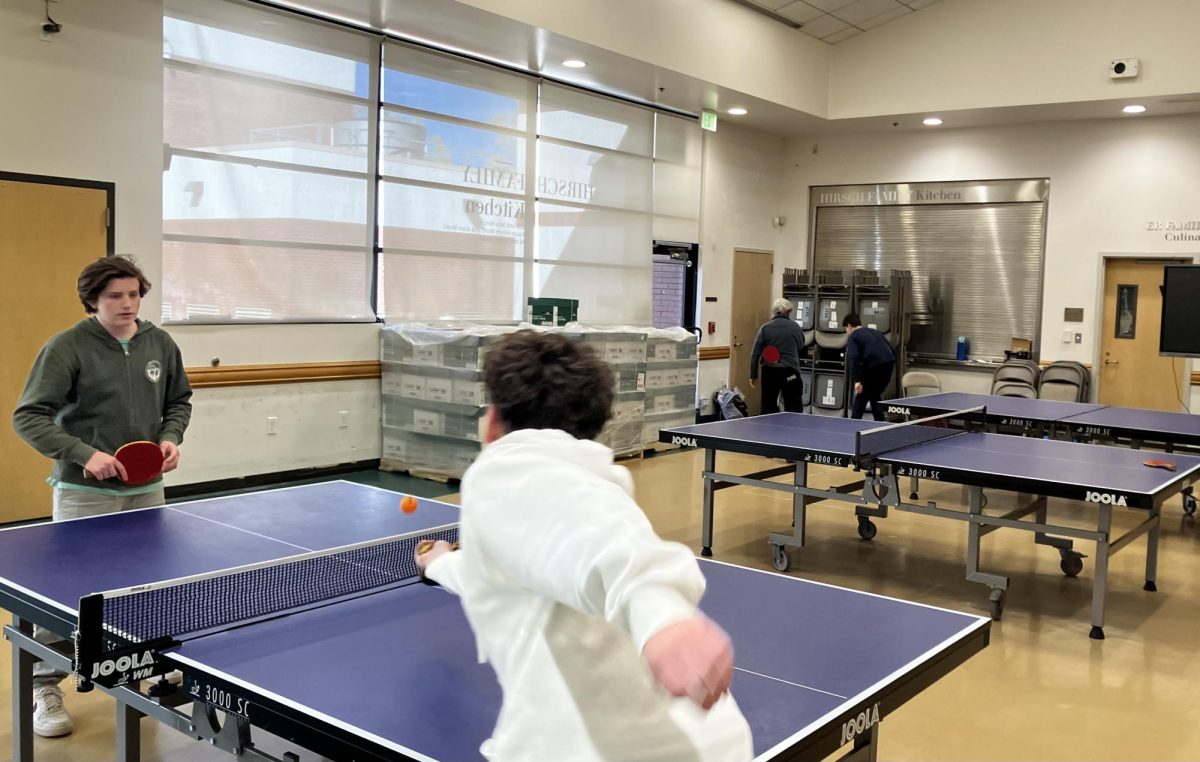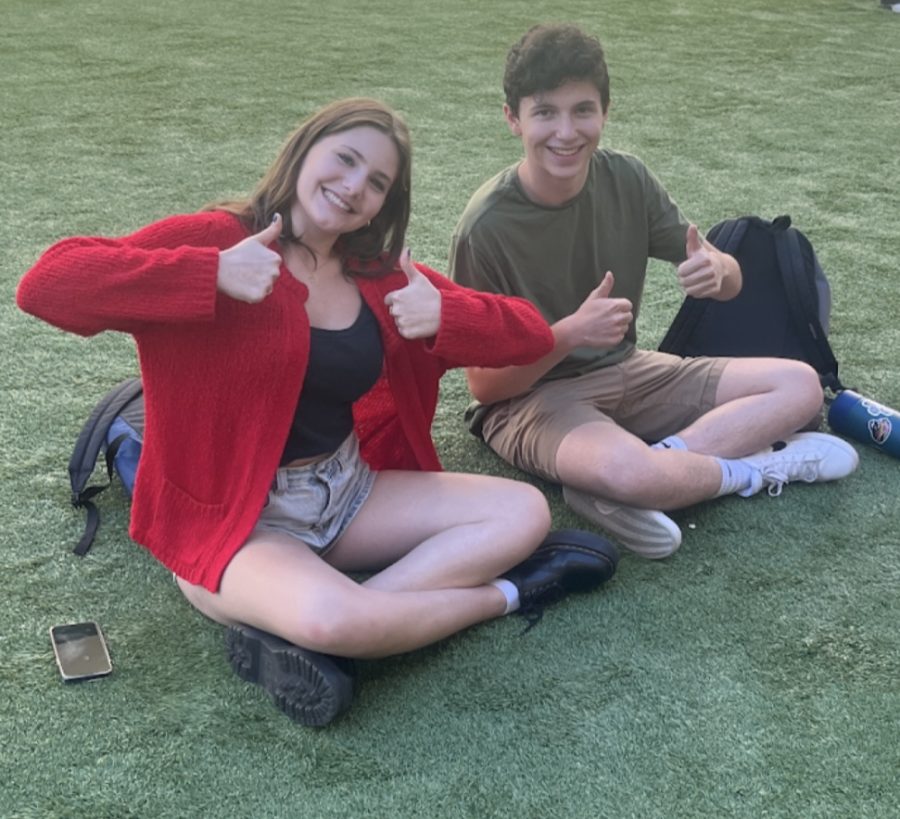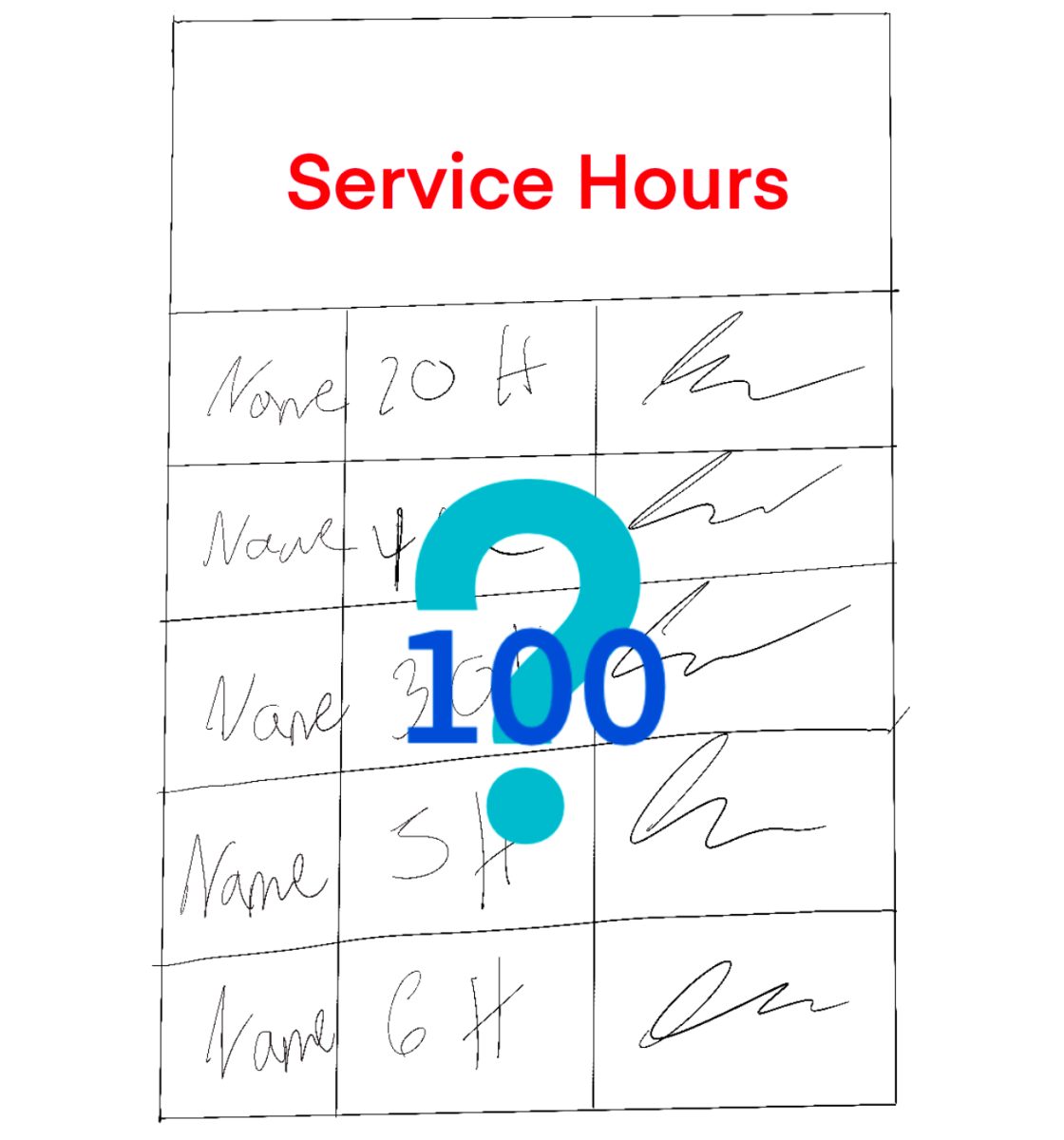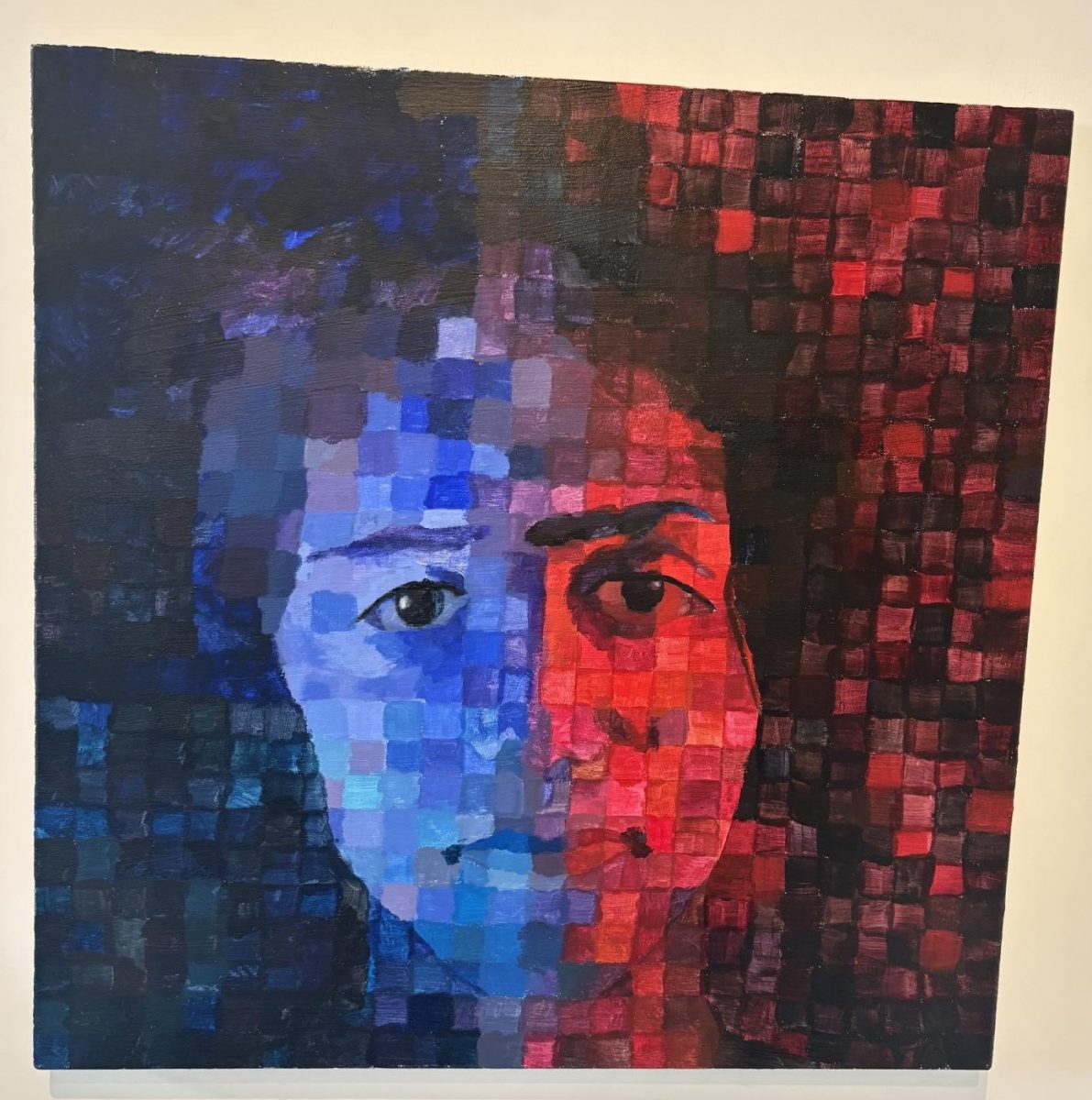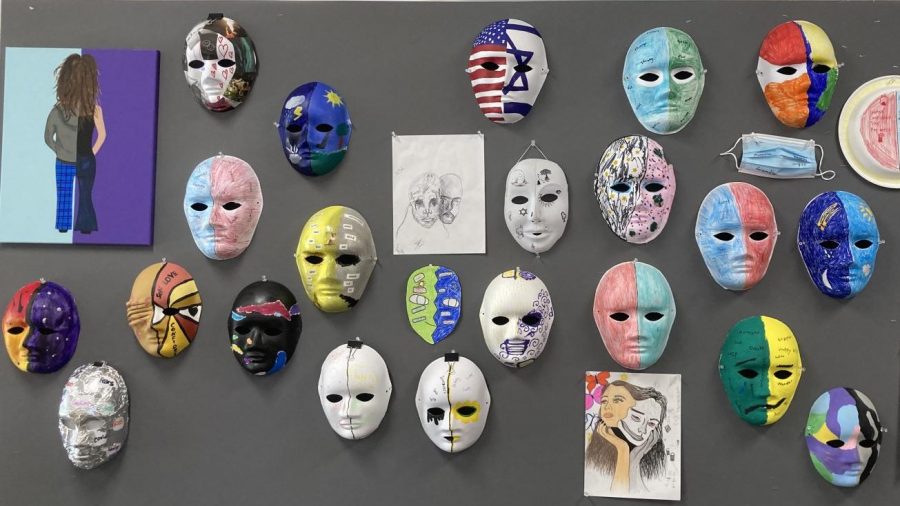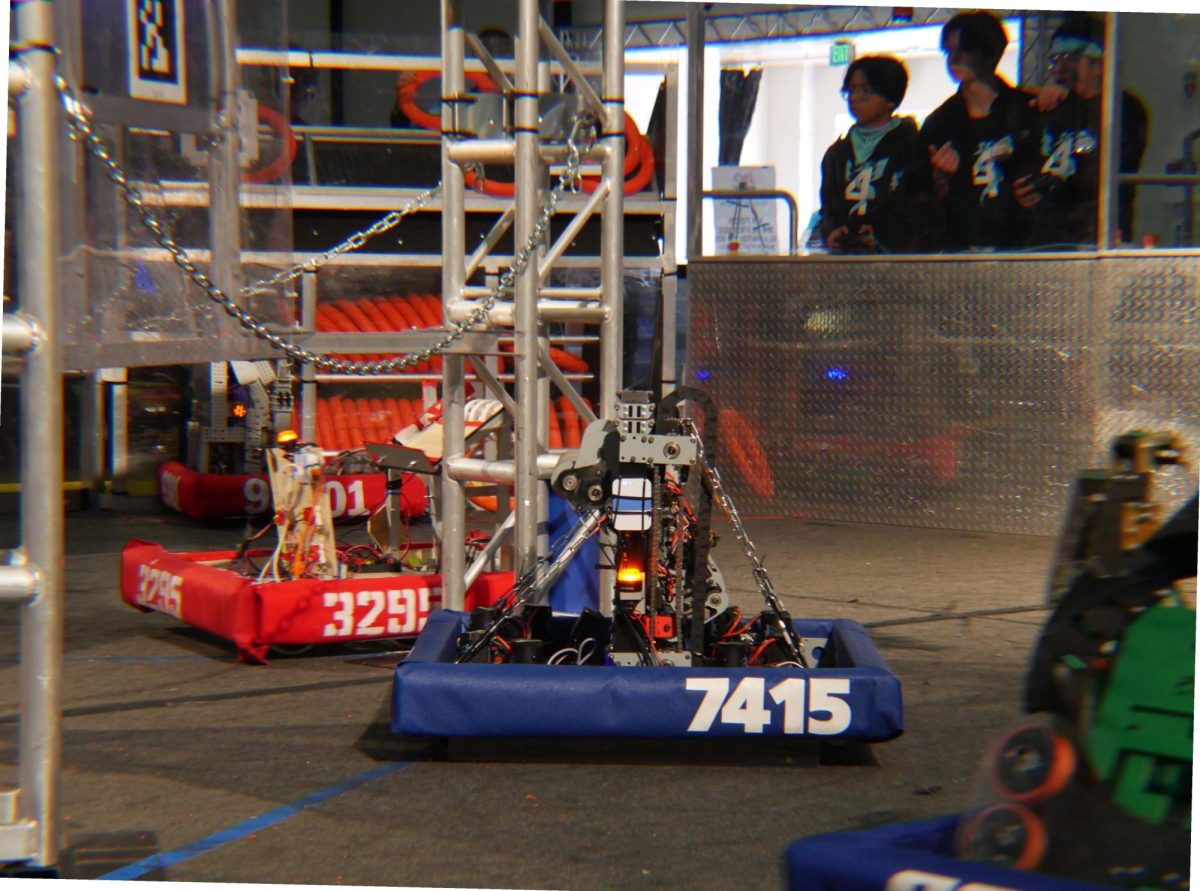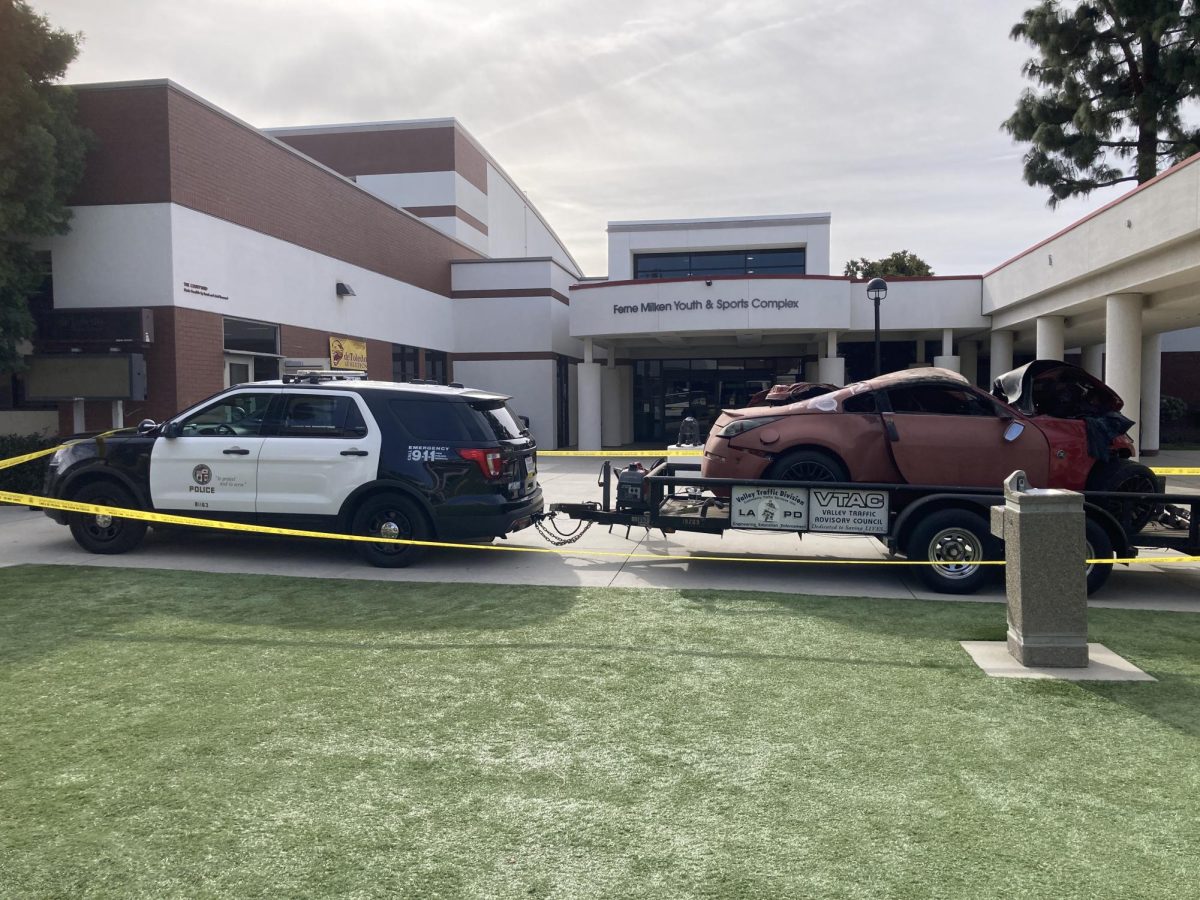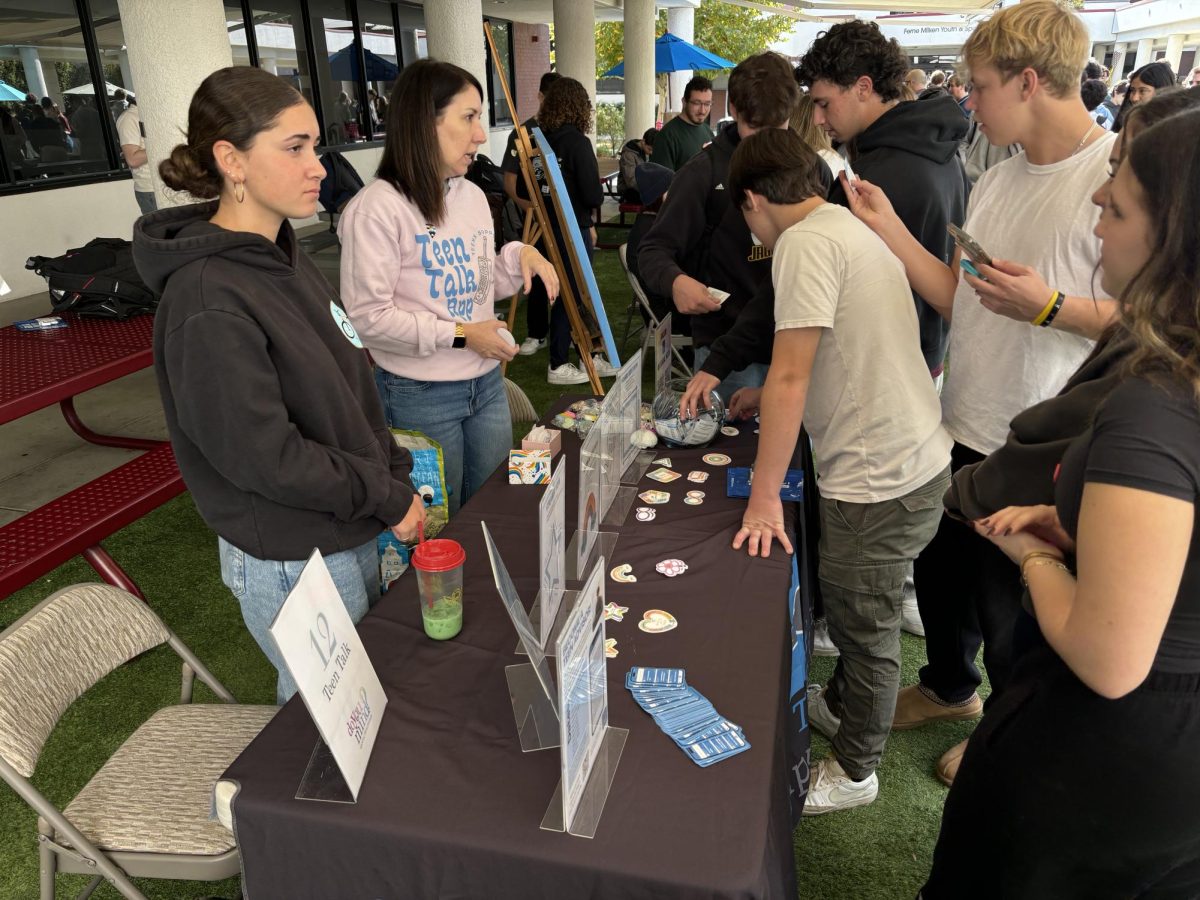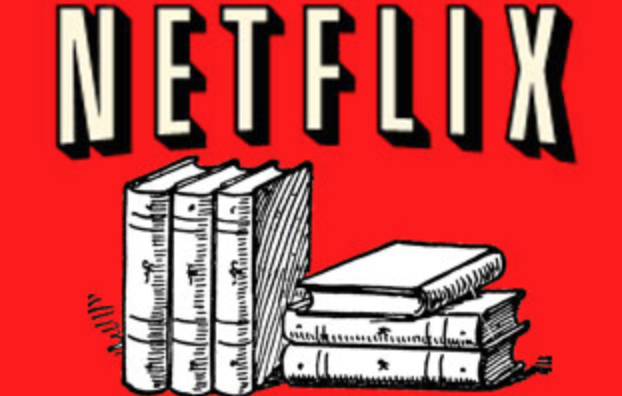To Read or to Watch?
October 17, 2017
It’s 11:45 on a Wednesday night and you finally finished studying for your math test, reading that novel for English, and reviewing all of your flashcards for history. So what do you do now? Well most likely you’re going to turn on the TV, and watch that Netflix show you fear they’ll take off next month.
Our generation has put down the books, and picked up the remotes. Chapters have turned into episodes, and stories have turned into TV series.
At the end of a long school day and after school curriculars, all we want to do is “rest.” The word rest itself, has been redefined because of TV. Most of us have had those moments when we have watched episode after episode, only to look at our clock at 3 am, realizing we should have probably stopped episodes ago. To us, TV is “rest.” It is a time for our minds to stop thinking for a moment and for our bodies to sink into the couch.
We find watching our TV screens to be a passive activity, whereas reading a book is something that requires effort. When we read, we need to understand what we are reading, process that information, and synthesize it. Reading requires you to turn the words you see in front of you into thoughts and visuals. TV gives you visuals alongside the words.
Now, I am not saying that TV is not educational. In fact, I, along with many others, know the many benefits of watching TV. Growing up in a household where English was rarely ever spoken, it was those characters on my TV screen that taught me how to formulate words into sentences and sentences into paragraphs. However, I am saying that most people my age don’t watch TV for educational purposes, and even if they do, the learning that occurs from shows and movies, differs greatly from that from a novel.
Today, the word “reading” is often associated with school, not with enjoyment.
Though this may be a sad thought for our parents and teachers, for us it is the simple reality. We read for 8 out of 8 our classes, so at the end of the long day, we are not that likely to pick up another book.
Dr. Spiegel mentioned to me another reason for our generation not reading is their “FOMO” (Fear Of Missing Out). When you are reading a book not only are you actually missing out on being apart of an activity, but you are missing out on knowing what other people are up to. When we pick up a book we can not longer be constantly checking people’s Snapchat stories, which give us a play by play of their day.
However, just because our generation my not be reading books the same way our parents did when they were our age, does not mean that we do not read at all. In fact, we do read, we just do not read books. We read articles and other works of writing we find online, allowing us to stay informed on current events in the world.
Dr. Powell indicated to me that he understands this change: “First there was the oral tradition, then the printing tradition, and now we are moving towards the digital tradition. The future is upon us and the children own it.”
“There is a great story in the Talmud,” he continued. “About all the rabbis arguing about a topic. One rabbi says if what I am saying is true, then the voice of God will come down and tell us it is true. Sure enough, the voice of God comes down and says, yes, Rabbi Eliezer is right. The other rabbis say the Torah is not in heaven, it is here on earth so we will follow it. Then when God sees what the rabbis have done, he says ‘My children have defeated me.'”
“So I am the same way. I can tell you how to do it this way or that way. Do I think people should read more novels, books, and papers? Yes. But hopefully you will continue to learn. ‘My children have defeated me.’”

